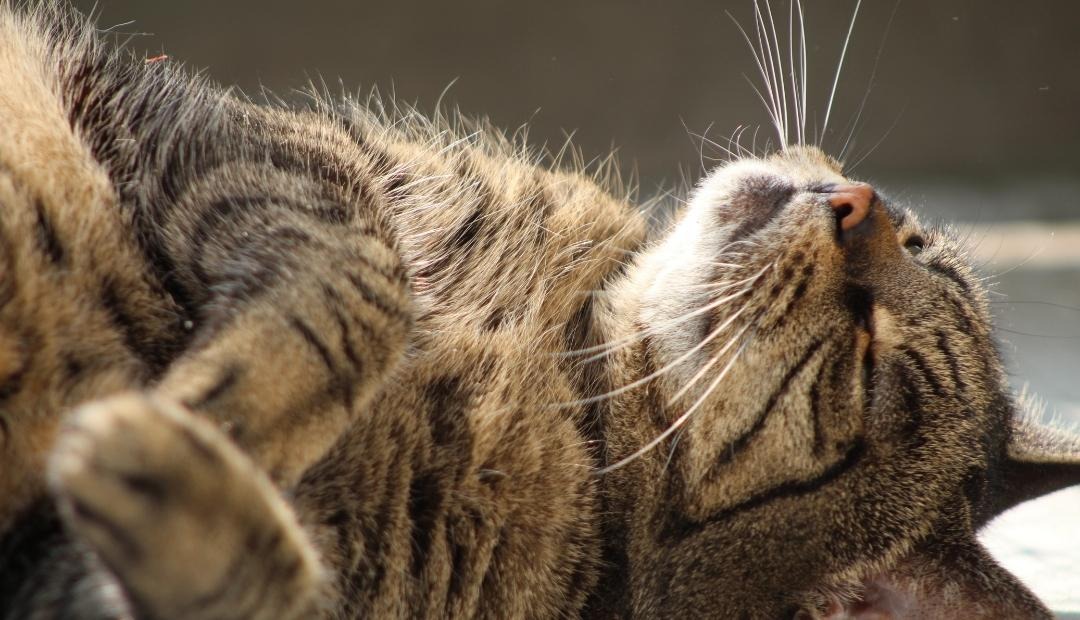If you’re a first-time cat owner, you probably know that a bond with cats has no parallel. While these furry creatures are notoriously independent, they can have so much love (and cuddles) to give.
Cats make wonderful pets–they provide their owners with a source of stress relief and lasting companionship. Plus, they’re some of the easiest pets to care for, so they’re perfect for apartment living.
But while they’re fairly low-maintenance, cats still need a few things to be happy and healthy.
Ready to give your cat the best care there is? Read on and check out our tips for taking good care of your feline friend.
Food
Have you decided to adopt a kitten from a friend? Did you already rescue a cat from the shelter?
No matter whom you got (or are planning to get) your new pet from, it’s essential to ask them what they’re currently feeding that cat. That way, you can continue feeding that kind of food to your cat and slowly transition it to your preferred brand.
When choosing cat food, you have to factor in your cat’s dietary needs based on age and health. You can find different brands of cat food, along with their recommended life stages, as well as wet canned food with high-moisture content and dry kibble.
If you can’t decide what to feed your cat, it’s always best to consult your vet.
Water
Chronic dehydration is common among cats. So to prevent that from happening, you have to provide your cat with fresh water every day.
As cats tend to dislike eating and drinking in the same place, you’ll have to put the water bowl away from your cat’s food bowl.
If your cat doesn’t seem to like drinking water, consider placing several bowls of water everywhere. You can also choose to get a cat fountain, which can encourage your cat to stay hydrated.
Litter
Cats prefer to use their litter boxes in a quiet, accessible place, so make sure that you put yours where there are fewer daily activities.
You also have to scoop out the solid waste at least once or twice a day and clean the entire litter box with a cat-safe disinfectant every week.
If the litter box becomes too smelly or dirty, your cat might avoid urinating in it. But if your cat continues to avoid the litter box, it’s likely not its fault. You have to set an appointment with your vet to indicate a medical issue.
Grooming
By this point, you probably know that cats are clean creatures. But while it’s in their nature to groom themselves, they still need a little help.
To reduce hairballs and shedding, you have to brush your cat regularly. Short-haired cats will do fine with weekly grooming. Long-haired cats need brushing every day as their coats can get easily matted and tangled.
Exercise
You might think that because cats are natural hunters, they need to be allowed outdoors. But it’s highly recommended to keep them indoors.
With the traffic and the bird-chasing, outdoor cats typically have shorter lifespans than those kept indoors. Plus, your cat might lose its way in the apartment building, or worse, out on the road.
Get your cat some toys or a cat tree to mentally and physically stimulate it. While there are many toys to choose from, your cat will probably find random ribbons more entertaining.
As long as you get involved with its playtime several times a day, your cat will surely be happy, even if it stays indoors.
Scratching
Another way to keep your cat exercising is to give it a scratch post.
Scratch posts not only keep your furniture free of claw marks–but they also help cats stretch their muscles and maintain their claws.
If you haven’t gotten a scratch post yet, you have to find one with a sturdy base, a vertical thread, and a tall body. And since cats love to stretch and scratch after waking up, you need to place the scratch post near your kitty’s sleeping area.
Health and Safety
Keeping your cat in tiptop condition involves regular visits to the vet. These visits should include vaccinations, routine checkups, and microchipping.
Speaking of microchipping, you’ll also have to get your cat a collar and a name tag with your phone number–even if it’s kept indoors.
Besides that, you might want to consider having your cat spayed or neutered at four months of age. That way, you can reduce harmful territorial behavior, lower the risk of diseases, and prevent unwanted kittens.
Oxford at Crossroads Centre Apartments in Waxahachie, TX



